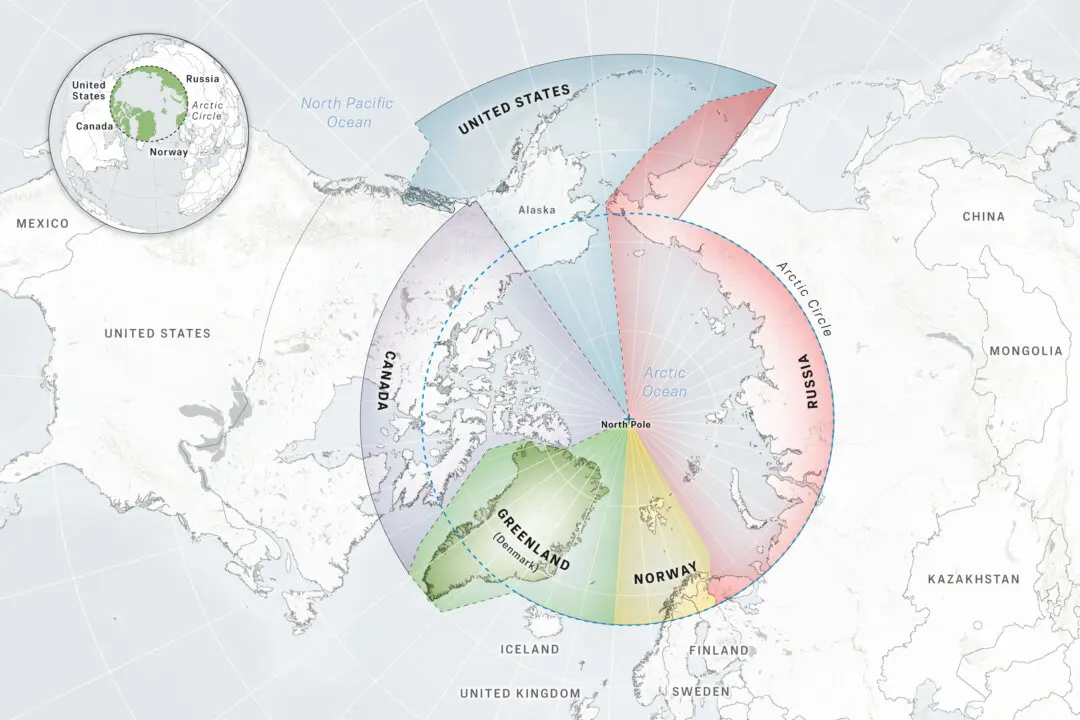U.S. passport holders who want to enjoy a European holiday in 2025 may need an online pre-approval before departure.
A new electronic travel information and authorization system (ETIAS) is set to begin in May, although an exact date has yet to be announced, according to the ETIAS website.





